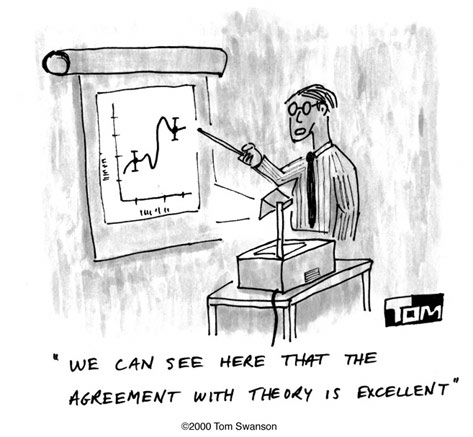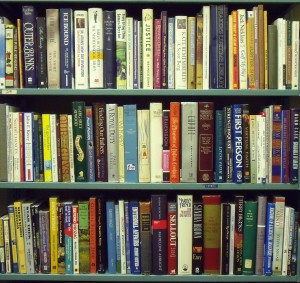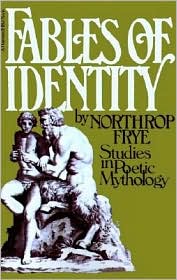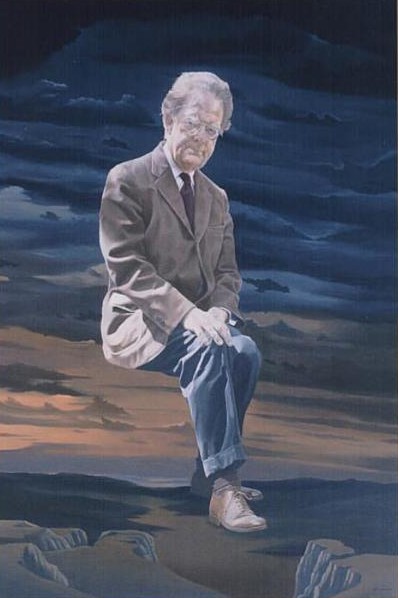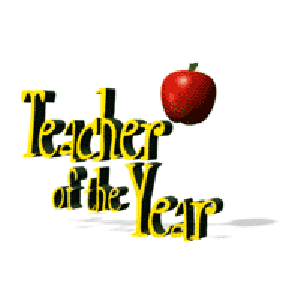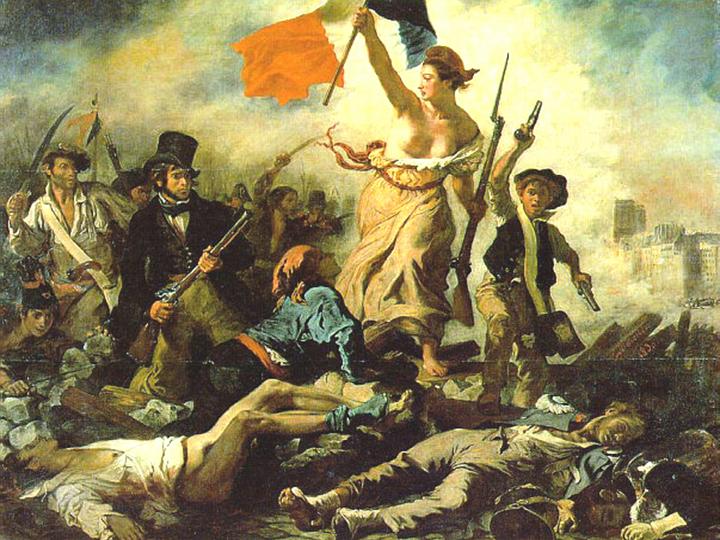Joe Ad amson very graciously provided a lengthy response to my initial posting “Finding Frye” and highlights yet another level of the history of ideas and Frye’s place in these ideas. I distinguished myself from Bob Denham’s experience in the 1960s, and now Joe has rightly pointed out another side of this history – coming of age during the theory boom in the early 1980s. Though we all think we have unique positions, what is striking is our relation to theory: before theory, theory, and after theory. Well, I do not believe in an “After theory” because we are always theorizing as we read; but, the High House of Theory seems to have reached its potential, or perhaps it is in search of a renaissance of sorts. Recently, I read that the last great book of theory was written in the late 80s, early 90s; the author of the article cited Eve Kosofsky Sedgwick’s Epistemology of the Closet, which is, at the very least, one of the finest examples of the potential of close reading alongside a practice of critical theory. Sedgwick was a rare critic – she had a political intention, but also a fidelity to textuality.
amson very graciously provided a lengthy response to my initial posting “Finding Frye” and highlights yet another level of the history of ideas and Frye’s place in these ideas. I distinguished myself from Bob Denham’s experience in the 1960s, and now Joe has rightly pointed out another side of this history – coming of age during the theory boom in the early 1980s. Though we all think we have unique positions, what is striking is our relation to theory: before theory, theory, and after theory. Well, I do not believe in an “After theory” because we are always theorizing as we read; but, the High House of Theory seems to have reached its potential, or perhaps it is in search of a renaissance of sorts. Recently, I read that the last great book of theory was written in the late 80s, early 90s; the author of the article cited Eve Kosofsky Sedgwick’s Epistemology of the Closet, which is, at the very least, one of the finest examples of the potential of close reading alongside a practice of critical theory. Sedgwick was a rare critic – she had a political intention, but also a fidelity to textuality.
As some readers are likely noting here, there is a sympathetic tone in my writing when speaking about theory. It is a tone of respect, I imagine. I respect theory but I also feel committed to not being committed to theory. When I started graduate school (actually, when I started university), the major movers and shakers in my discipline almost seemed passé, for they were part of an historical process that seemed complete. Fredric Jameson, Jacques Derrida, Gayatri Chakravorty Spivak, Edward Said, Homi Bhabha, Judith Butler, and the list goes on and on (as readers of the Norton Anthology of Criticism can attest), had published works which were no longer “new” but rather were “commonplace.” I had always read text alongside theory, theory alongside text. There was never a time when I wasn’t aware of theory as a scholar of literature. I had no canon from which to depart, even literary history was in doubt. “The author is dead” was one of the central claims that I had heard time and time again…strangely, the “pleasure of the text” seemed lost. Hostility toward theory hardly seemed revolutionary – theories are, in many instances, always already hostile (often with one another). To borrow from Frye: the academic stock market is always at play and the New Critics, Structuralists, and Northrop Frye (of course), were not trading well (but they were trading as the Collected Works of Northrop Frye suggests).
